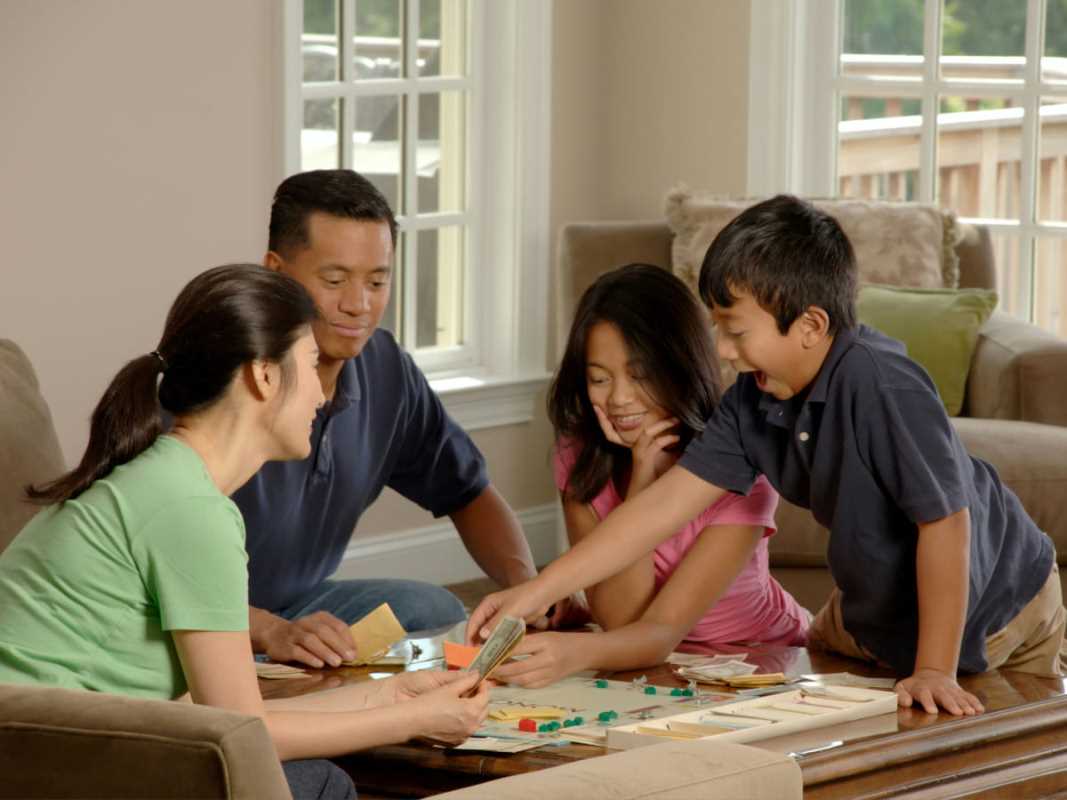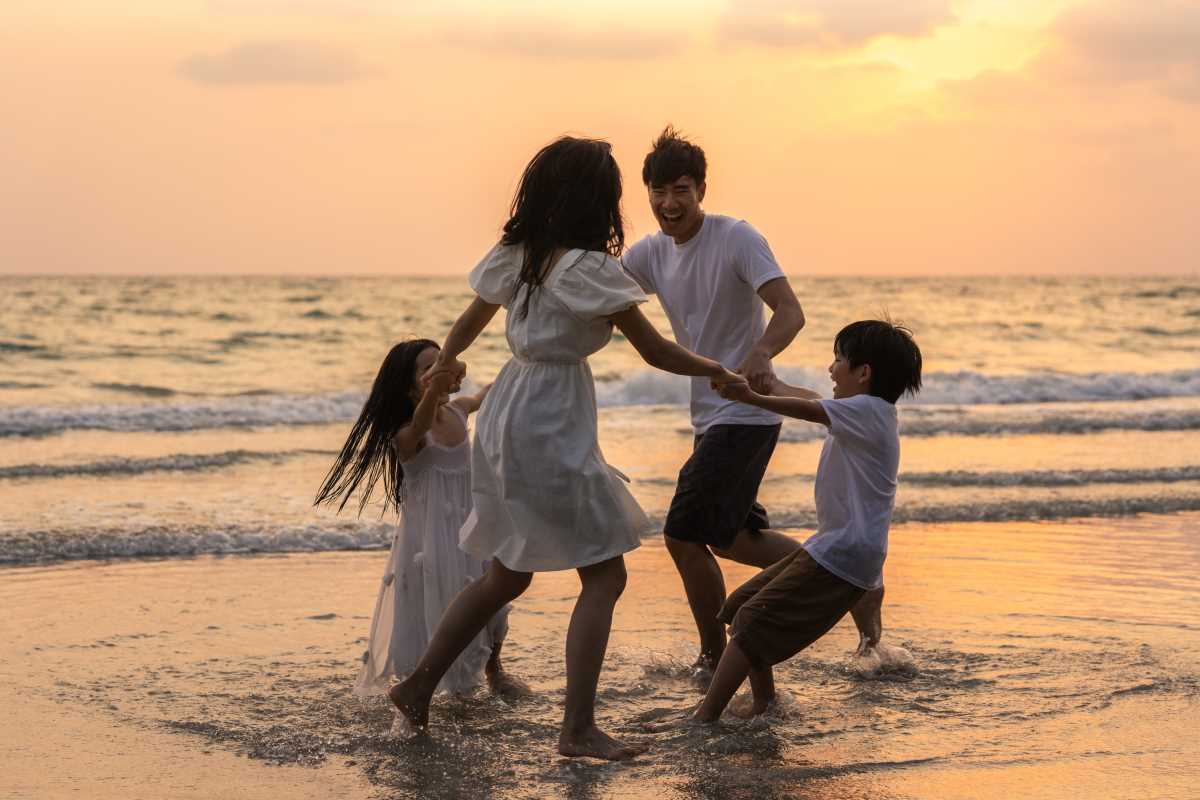Family game nights can transform into thrilling adventures through time, making your evenings not just fun but also educational. When you blend historical themes into your gaming experiences, you open the door to learning and connection, all while enjoying laughter and excitement. Whether you embark on a quest through ancient civilizations or delve into notable recent events, incorporating elements of history brings a fresh and captivating dimension that captures everyone's interest. This approach not only entertains but also enriches, as it sparks curiosity and encourages exploration, turning ordinary nights into memorable journeys filled with both knowledge and joy.
Time-Travel Trivia
Injecting history into trivia games can spark curiosity and friendly competition. Here are some historical eras and events to consider:
- The Renaissance: Explore the art, science, and cultural rebirth of the 14th to 17th centuries.
- The Industrial Revolution: Delve into the transformative period that reshaped economies and societies.
- The World Wars: Challenge players with questions about key battles, figures, and outcomes.
- Ancient Egypt: Test knowledge on pharaohs, pyramids, and mythology.
- The Space Race: Focus on the competition between the USA and the USSR to reach space milestones.
By selecting diverse topics, you ensure that there's something interesting for everyone, making the trivia game both fun and informative.
Historical Charades
Charades takes on a new dimension when you infuse it with history. Here's how to bring historical figures and events into the mix:
- Famous Leaders: Act out personalities like Abraham Lincoln or Cleopatra without using words.
- Significant Events: Portray moments such as the signing of the Declaration of Independence or the first moon landing.
- Historical Occupations: Mimic roles like a medieval blacksmith or a Viking explorer.
- Cultural Icons: Represent influential artists, musicians, or scientists from different periods.
This approach not only makes the game more challenging but also encourages players to think creatively about how to depict various historical elements.
Crafting Historical Board Games
Creating your own historical board games allows for a personalized and immersive experience. Start by choosing a specific event or era, then design game mechanics that reflect historical challenges and scenarios. For example, you could develop a game based on the voyages of Christopher Columbus, where players navigate ships, manage resources, and encounter unexpected obstacles.
Another idea is to create a strategy game set during the American Civil War, where players must make tactical decisions, form alliances, and battle for key territories.
Role-Playing Through History
Role-playing games can transport your family back in time, allowing everyone to experience history firsthand. Here are some scenarios to consider:
- Medieval Kingdoms: Assume the roles of nobles, knights, and peasants navigating political intrigue and daily life.
- Space Exploration: Take on the roles of astronauts and scientists during the Apollo missions.
- Ancient Mythologies: Embody gods, heroes, and mythical creatures from Greek or Norse legends.
- Wild West Settlers: Experience the challenges of building towns and facing outlaws in the frontier.
These role-playing scenarios can be tailored to suit different age groups and interests, making history come alive in a hands-on way.
Map Adventures
Using maps to create interactive adventures can add a geographical element to your historical game nights. Here are some ideas:
- Treasure Hunts: Design a treasure hunt based on historical explorations, with clues leading to significant landmarks.
- Conquest Games: Use maps to simulate the expansion of empires, where players strategize to control territories.
- Historical Journeys: Trace the routes of famous explorers or migratory patterns of ancient civilizations.
- Battlefield Tactics: Recreate historical battles, allowing players to position their forces and strategize outcomes.
These map-based activities not only teach geography but also offer a dynamic way to understand historical movements and tactics.
Historical Cooking Challenges
Bringing history into the kitchen can be a delicious and educational part of your game night. Consider these historical cooking challenges:
- Medieval Feasts: Prepare dishes that would have been served in a medieval banquet, complete with themed presentations.
- Ancient Recipes: Try making foods based on recipes from ancient Rome or Greece, exploring the flavors of the past.
- World War Rations: Challenge family members to create meals using limited ingredients, reflecting wartime rationing.
- Colonial Cuisine: Cook dishes that early American settlers might have enjoyed, using traditional methods.
These cooking challenges not only provide a tasty experience but also offer a tangible connection to historical lifestyles and culinary practices.
Integrating history into family game nights combines fun and learning, enriching your evenings with meaningful experiences and quality time together.
 (Image via
(Image via





